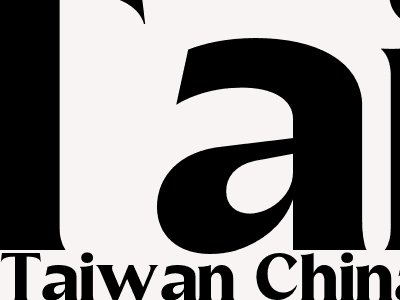Taiwan: A History of Cultural and Political Independence from China
Origins of Taiwanese Independence
Taiwan's history as a distinct entity from China can be traced back to the 17th century, when Dutch traders established a colony on the island. Over the next two centuries, Taiwan underwent various periods of Chinese rule, as well as indigenous and colonial influences. In 1895, Taiwan was ceded to Japan after the First Sino-Japanese War.
During the Japanese colonial period, Taiwan experienced significant economic and infrastructural development, and a distinct Taiwanese identity began to emerge. After World War II, Taiwan was returned to China but remained under martial law for decades. In 1987, martial law was lifted, and Taiwan embarked on a process of democratization and political liberalization.
Current Political Status
Today, Taiwan is a self-governed democracy with a distinct political and economic system from China. The island has its own government, currency, and military, and it participates in international organizations under the name "Chinese Taipei." China, however, continues to claim Taiwan as its own territory and has threatened to use military force to prevent the island from declaring formal independence.
Cultural Distinctiveness
Over centuries of separate development, Taiwan has developed its own unique cultural identity, distinct from that of mainland China. This is reflected in the island's language, religion, cuisine, and arts. While Mandarin is the official language of both Taiwan and China, Taiwanese Hokkien, a dialect of Southern Min, is widely spoken in Taiwan.
Taiwanese culture has also been influenced by indigenous traditions, Japanese colonialism, and Western influences. The result is a vibrant and diverse cultural landscape that sets Taiwan apart from China.
Economic Development
Since the lifting of martial law, Taiwan has experienced rapid economic growth, becoming one of the world's leading economies. The island's economy is driven by a strong manufacturing sector, particularly in electronics and semiconductors. Taiwan is also a major exporter of agricultural products.
Despite its economic success, Taiwan faces challenges such as income inequality and an aging population. The island's economy is also heavily dependent on exports, making it vulnerable to global economic downturns.
Future Prospects
The future of Taiwan's relationship with China remains uncertain. China continues to assert its claim to the island, while Taiwan maintains its de facto independence. Tensions between the two sides have escalated in recent years, raising concerns about the potential for conflict.
The international community has generally supported Taiwan's right to self-determination, but it has also avoided taking sides in the dispute between Taiwan and China. The United States, Taiwan's main security partner, has a policy of "strategic ambiguity" toward the island, which allows it to maintain diplomatic relations with both Taiwan and China.

Comments